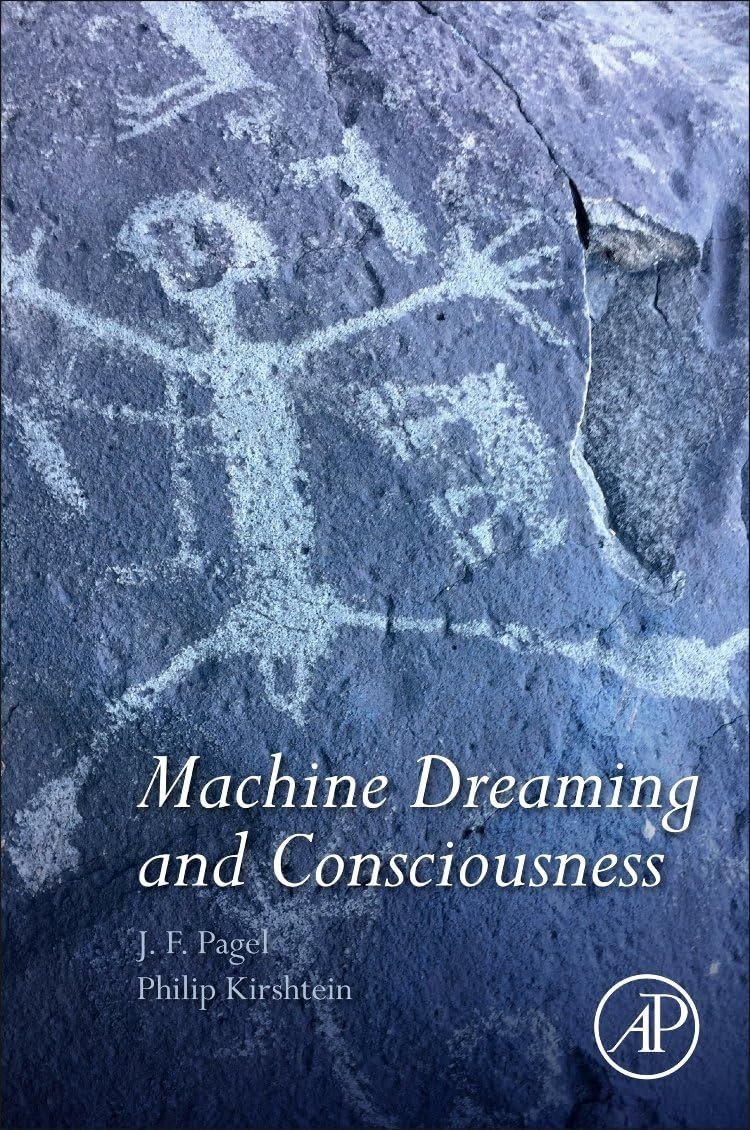

New Horizons for Second-Order Cybernetics
Reviews
No review yet. Be the first to review this book!
Description
New Horizons for Second-Order Cybernetics, edited by Alexander Riegler, Karl H. Müller, and Stuart A. Umpleby, is a groundbreaking collection that explores the evolution, applications, and philosophical implications of second-order cybernetics in contemporary science and society. The book brings together an international group of scholars and practitioners who aim to advance the legacy of second-order cybernetics beyond its origins, offering new insights into its relevance for understanding complex systems, self-reference, and the role of observers within scientific inquiry. Second-order cybernetics, originally developed by figures such as Heinz von Foerster, represents a fundamental shift from first-order cybernetics. While first-order cybernetics focuses on the control and communication of systems from an external perspective, second-order cybernetics turns the lens back on the observer. It emphasizes the importance of self-reference, reflexivity, and the inclusion of the observer as part of the system being described. This epistemological turn has far-reaching implications for fields ranging from systems theory and biology to sociology, management, and cognitive science. In this volume, the editors and contributors revisit the foundational concepts of second-order cybernetics and explore how they can be extended and applied to new domains. Topics include the ethics of observing systems, the role of language and communication in constructing realities, and the challenge of designing systems that can adapt and learn in an increasingly complex and uncertain world. The book also addresses how second-order cybernetics interfaces with other contemporary frameworks, such as constructivism, autopoiesis (self-producing systems), complexity theory, and social systems theory. A recurring theme throughout the collection is the need for a more participatory and reflective science—one that acknowledges the inescapable involvement of the observer in knowledge production and system design. This shift calls for a more responsible and ethical approach to systems thinking, one that recognizes the consequences of intervention and observation in complex, dynamic environments. New Horizons for Second-Order Cybernetics not only honors the historical significance of the field but also pushes its boundaries, offering theoretical and practical insights that are relevant to today's technological and social challenges. Whether you're interested in cybernetics, systems thinking, epistemology, or interdisciplinary approaches to complexity, this volume provides a comprehensive and thought-provoking exploration of how second-order cybernetics can help us navigate an increasingly interconnected and reflexive world.
































.jpg)


.jpeg)

.jpg)


















.jpeg)


.jpeg)

.jpg)




.jpg)






.jpg)





.jpg)

.jpg)

.jpg)





.png)
.jpeg)
.jpeg)















































